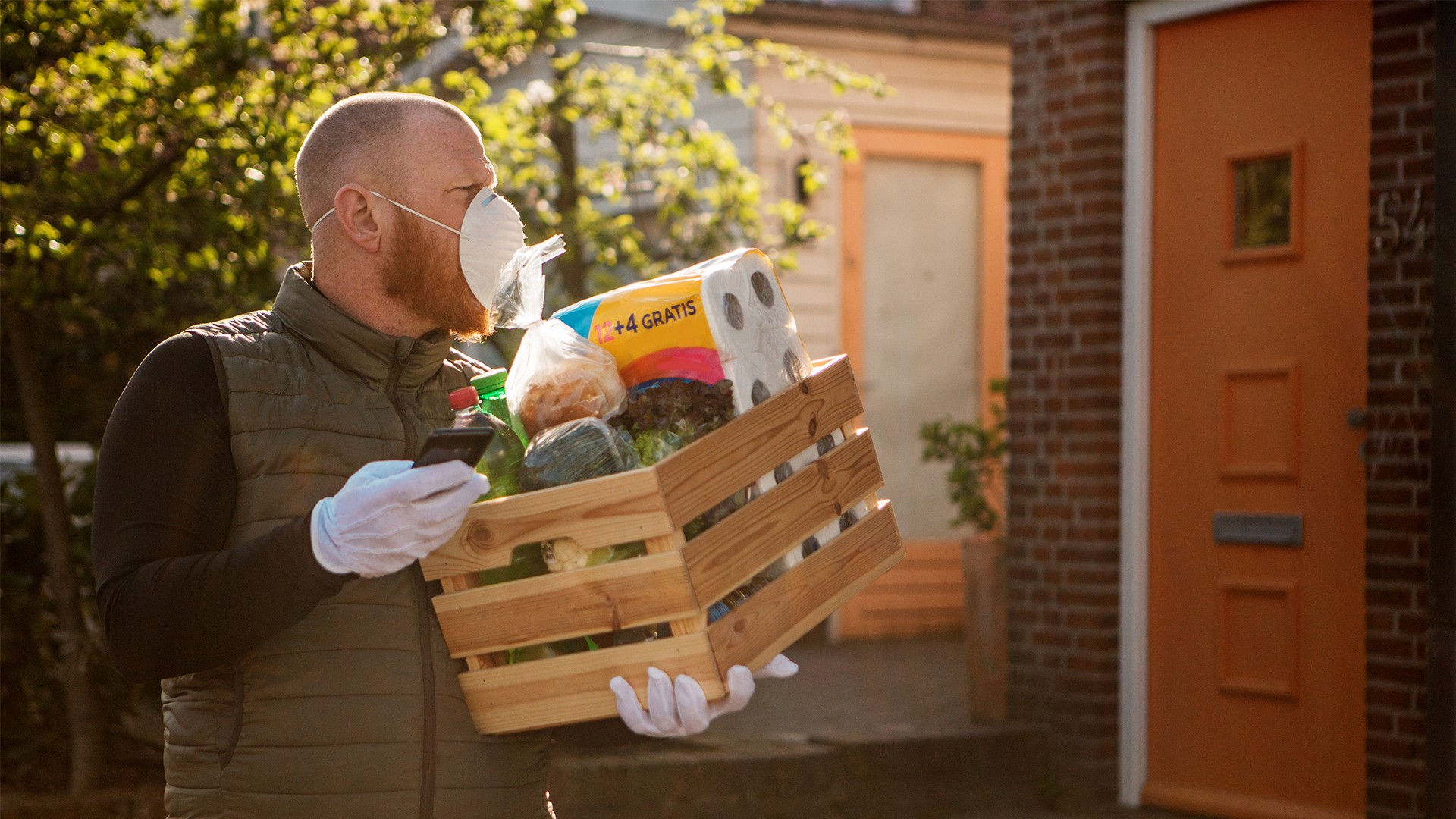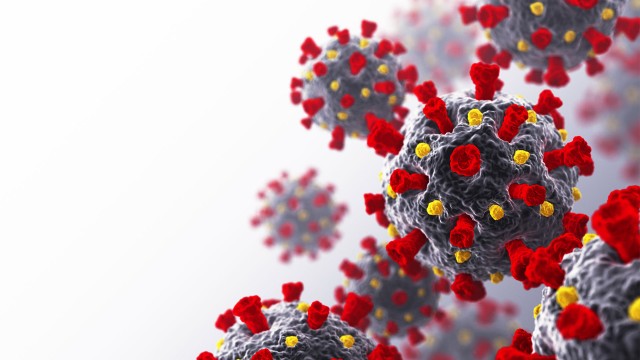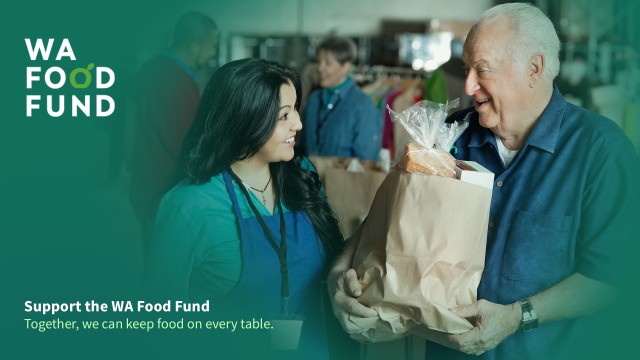
In April, as Seattle-area farmers markets struggled with whether to re-open and ultimately decided to remain closed, one local farmer was left with more than 100 pounds of food and nowhere to sell it. Across town, the Rainier Valley Food Bank was sorely in need of fresh produce to feed a growing population of people economically impacted by COVID-19 precautionary measures.
In stepped PCC Community Markets to connect the two. The farmer received sorely needed income, and hungry people received fresh options for nourishment.
This is just one example of how corporate funders are shifting to respond to COVID-19 in local communities across the Pacific Northwest. Earlier this month, a Philanthropy Northwest Corporate Funders Briefing brought Lamai Cox, community relations manager of PCC Community Markets; Kelly Bruggeman, vice president & executive director of First Interstate BancSystem Foundation, and Diana Birkett Rakow, vice president of external relations at Alaska Airlines, onto a panel to discuss adaptive initiatives and flexible responses that enabled funders to help people on the ground, quickly and effectively.
PCC Community Markets established a program, run in cooperation with Neighborhood Farmers Markets (NFM), to strategically connect local farmers holding a surplus of food due to farmers' market closures to food banks in need of particular items. The PCC Food Bank Program buys the produce from farmers at wholesale and then donates it to food bank partners. PCC Community Markets pivoted $80,000, from mostly community raised funds, to this program and has also donated an additional $50,000.*
“It’s an example of shifting and being reactive to the situation and specific needs,” said Lamai Cox.
Representing First Interstate Bank (FIB), Kelly Bruggeman, who is based in Billings, focused on how the company is caring for its workforce.
“We can’t help our clients and our community unless we’re taking care of our employees, who are the ones who ensure we meet our values and carry out our purpose,” she said.
All FIB employees continue to be paid and are able to work from home if they have children. And in keeping with that focus, FIB has donated over $1 million in its communities based on the recommendations and engagement of its employees, including $30,000 in matching gifts. The company normally matches donations of employees to causes and organizations of their choice on a quarterly basis; now it matches monthly to get those dollars out quickly.
“We’re so proud of the grace and generosity of our employees,” Kelly said. “Our clients are our friends, neighbors and family, which is why engagement at that local level is really important.”
Alaska Airlines examined how to respond when an economic plunge affects both communities all over the country and the company itself. It looked to its obvious assets: planes and cargo.
Without flights on which to sell meals (flight demand plummeted in March), Alaska ended up with an abundance of fresh food and picnic packs. An early round of need-based grants across the region from the Alaska Airlines Foundation found the threat to food security the most pressing issue. The company flew over 100,000 picnic packs to children in communities from the Arctic down through Southern California. This also engaged employees in need of work. Alaska also used its planes — and its greater purchasing power as a big company — to order and deliver personal protective equipment for emergency workers, and partnered with Seattle Metro Chamber to distribute it.
- Diana Birkett Rakow,
Alaska Airlines
“It was about using our leadership voice and collective action to meet an unmet need in the community,” said Diana Birkett Rakow.
In the discussion, attendees and panelists stressed that it’s a delicate communication in asking employees for financial resources for matching gift programs or donations.
“We’ve been careful to say ‘if you’re able,’ recognizing that many people aren’t, and then offering non-monetary ways to engage,” said Diana, whose foundation offers employees the opportunity to fly picnic packs or crucial cargo loads in Alaska. Starbucks, whose foundation is a PNW member and attended the panel, offered that they’re focusing on small acts of kindness, like writing letters of appreciation to frontline responders, for example.
“We’re starting to build a framework for inclusive recovery,” said Cat Martin, vice president of global philanthropy at JP Morgan Chase & Co, who also attended. “We’re thinking about how it can be about near-term recovery and long-term response in workforce retraining, education, non-profit capacity building. Philanthropy is going to play a significant role in recovery, and we’ll still need to identify a lot of the issues yet to emerge.”
These are just a few examples of the ideas and issues that members of our Corporate Funders Affinity Group discuss and share together on a regular basis. To learn more about joining our Corporate Funders Affinity Group, please email our membership staff.
* Note: In the original posting of this article we incorrectly stated that PCC Community Markets donated $800,000 to the PCC Food Bank Program.


